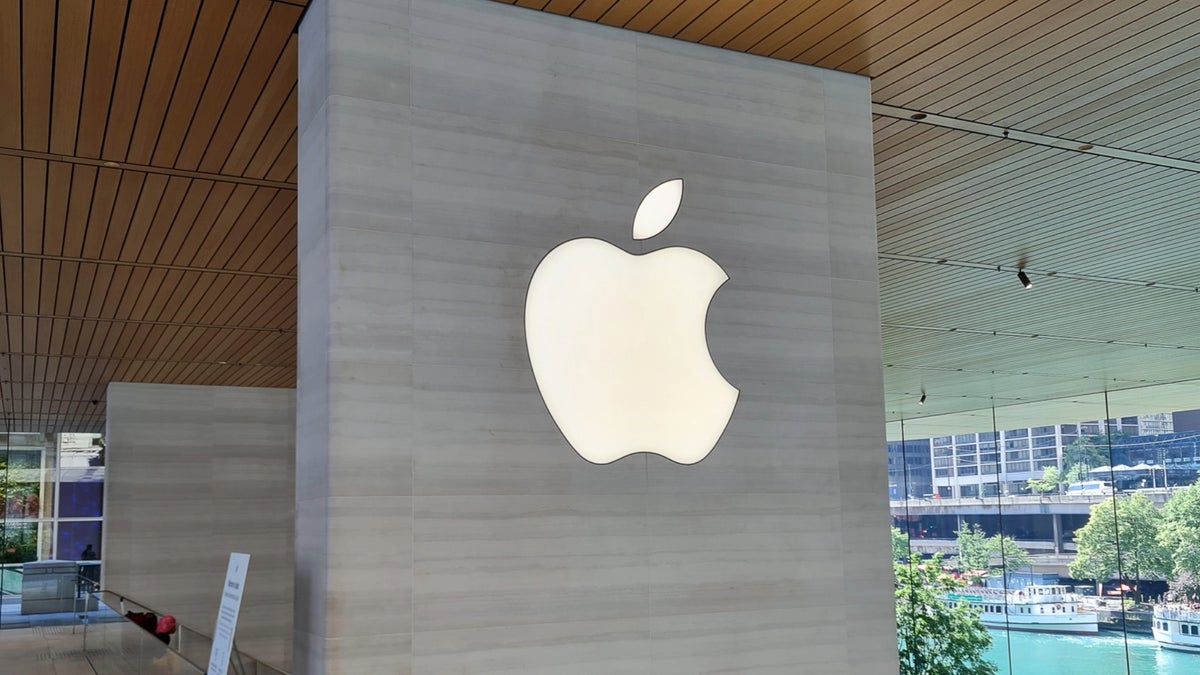The European Union has mandated that Apple open up iOS to improve interoperability with other platforms, including Android. A new document from the European Commission outlines various changes Apple must make to ensure its native iOS features can work with third-party devices and services. This initiative is part of the EU’s broader effort to promote more effective interoperability in the tech ecosystem, making it easier for users of different platforms to interact with one another seamlessly.
One of the key changes outlined in the document is the requirement for Apple to make iOS features, like notifications, compatible with third-party smartwatches, not just the Apple Watch. The EU also wants Apple to enable iOS apps to function in the background similarly to Apple’s own first-party apps. This would address issues faced by companion apps for accessories, such as non-Apple smartwatches, which often struggle to provide background functionality on iOS.

Another major focus of the EU’s request is the opening up of proprietary features like AirDrop and AirPlay to third-party platforms. AirDrop, currently limited to iOS and macOS devices, would be required to share its protocol with third parties, enabling apps and services on non-Apple devices to send and receive files with iOS devices. This would enhance the file-sharing capabilities across different platforms, promoting greater interoperability in the digital ecosystem.
The EU also seeks to expand AirPlay, which, while already supported on certain third-party devices, is still restricted to sending content only from iOS devices. By allowing third-party devices to become AirPlay senders, Apple would be forced to open up the protocol to other platforms, much like Google’s Cast, which works on a variety of devices. This move is aimed at increasing the compatibility of Apple’s streaming and media services with a wider array of devices.
In response, Apple has criticized the EU’s proposal, arguing that opening AirPlay to third parties could lead to significant privacy and security risks, particularly with regard to companies like Meta. Apple contends that the changes would expose user data and create new vulnerabilities, particularly in the home environment. The EU is currently consulting on these proposals, with a final decision expected by January 9, 2025. If Apple does not comply with the eventual mandates, it could face substantial fines.







Leave a Reply